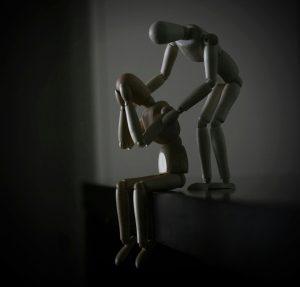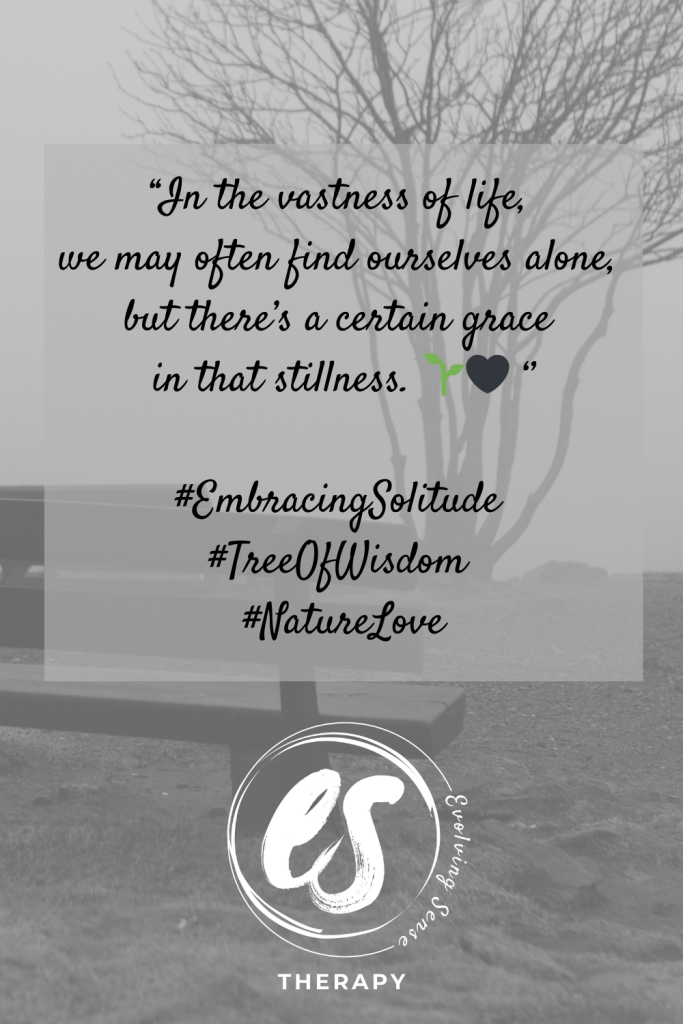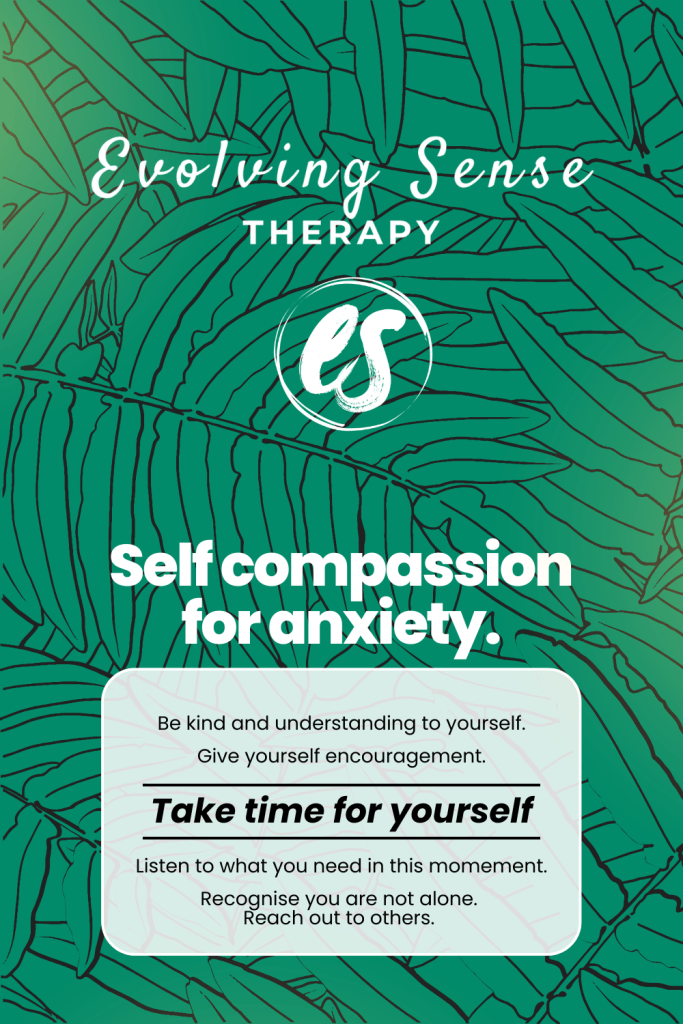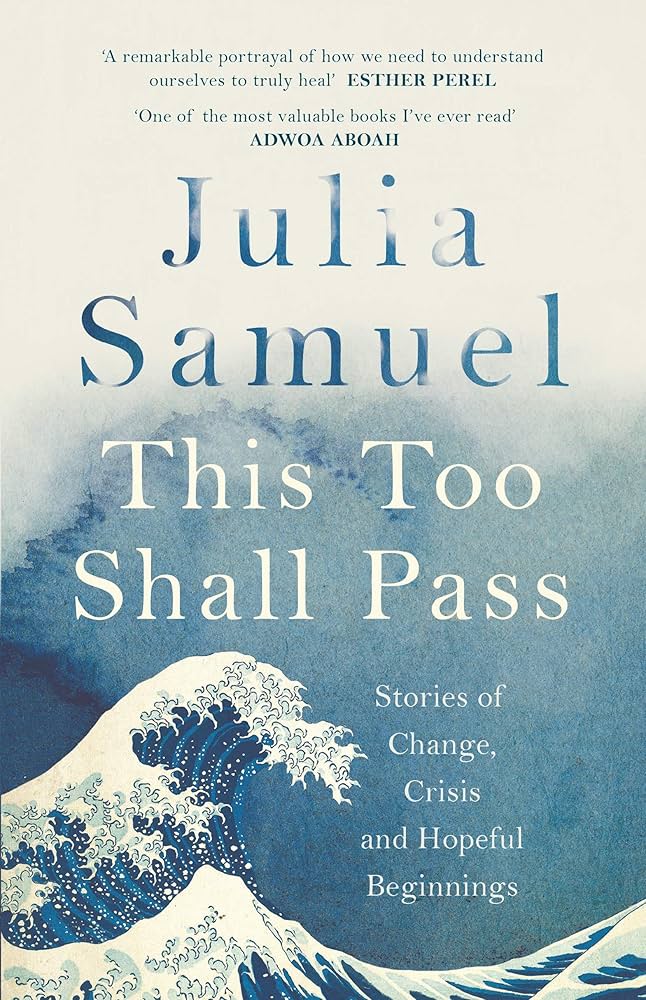
Creating healthy relationships with TA, a powerful tool!
Do you find yourself misunderstood, do you feel unseen and unheard in your relationship? Do you struggle to figure out if you are the problem or if there is something wrong with your relationship? Read on to find out how TA can be a powerful tool to make sense of yourself and your world.
Communication today
The world today can be very noisy and is very fast-paced, a world where our communication is becoming digitalised and effective communication is more crucial than ever. Whether this is in your personal relationships or professional conversations, the way we relate and interact with each other can profoundly influence our relationships and our wellbeing. This is where Transactional Analysis (TA) can come into play.

What is TA?
Transactional Analysis (TA) is a framework designed to build understanding how we relate to each other. Is was develop be Eric Berne and it provides a systematic approach to understand ourselves, others, how we relate to the world and the dynamics of our interactions. There are many different concepts within the theory, and at it’s core is the well known PAC model. Within the TA framework, it suggests all human beings operate from three ego states; Parent, Adult and Child. Each of these ego states represents different aspects of our personality and influences how we relate and communicate with others.
The PAC model in more detail:
The Parent
The Parent ego state formed with messages, values, beliefs and rules that we internalised when growing up. These would have come from authority figures during our upbringing. It influences how we guide and nurture others and can also be a critical and judgemental behaviour towards others.
The Adult
The Adult ego state is the state accessible in the here an now and represents rationality and logic. It processes information and enables us to make decisions based on facts and current reality rather than past experiences, should’s and feelings.
The Child
The Child ego state reflects all our emotional responses, creativity and spontaneity. It can bring us joy and energy, within ourselves and into our interactions with others. It can also lead to rebellious behaviour or very adaptable behaviour.

How TA can strengthen our knowledge about ourselves.
By learning about the ego states and building awareness of when we are operating from which ego state, we can start to understand why our interactions can go awry. We might be able to start recognising our communication patterns. Not only with others, but also our internal dialogues.
Are we responding from a place of nurture or criticism? Am I reaction emotionally or am I coming from a place of logic in the here and now? This self-awareness will enable us to adjust our interactions to slowly build and foster more constructive dialogue, where we are able to really listen and respond, rather than to react from a certain ego state.
Some examples where knowledge about TA can be a powerful tool to understand yourself better.
Critical Parent
If you have a particular strong Critical Parent ego state, you might become aware that during discussions you are always telling the other person of what they are doing wrong or how they should be doing something differently. You can hear yourself saying that your way is the right way. The other person might become very defensive and before you know you are in a full blown argument. When you are building awareness, you will start to see the patterns in which case you will start to have a choice of how you will respond, rather than reacting.
The child
Similarly, if you are reacting from the Child ego state when faced with conflict, you might hear the frustrating question from the other why you always shut down, or why you never say anything back. With awareness, you might be able to practise to choose to respond from Adult time to time to build more engaging and rational problem-solving in the conflict.
TA will help to make sense of yourself.
As described above, TA will not only teach you about your ways of communication, your behaviour patterns but it will also, perhaps more so, teach you about how you work. It will help make sense of yourself and in turn it will help make sense of your world. As we build our knowledge of the theory, you can begin to uncover the underlying motivations behind your behaviours, feelings and thoughts. This is a slow building process that can lead to more self compassion as well as being able to be more compassionate to others as you might be able to understand why the other person is reacting the way they are. It will help you see that our reactions towards the world are often rooted in past experiences and learned patterns that play out unaware.
Changing patterns
Becoming aware of certain patterns in your behaviour, for example being overly critical to your spouse, combined with more relational work with a therapist, might lead to understanding of links between behaviour and upbringing. Understanding of these patterns and links, could bring on more self compassion and perhaps encourages you towards a choice and a shift towards a more nurturing response in interactions.
3 Things you can do to get started with Transactional Analysis.
If you’re curious about how TA can support you in your responses and communication and perhaps a better self understanding, you could try pondering on these questions and perhaps implement them in your daily life.
Reflect on your Ego states:
Throughout the day, take a moment to check in with yourself. How do you feel? What are you thinking? Which ego state are you operating from? Are you feeling critical, are you very present or are you responding from emotion? How does it affect your communications?
Active listening:
Try to engage with others from your Adult state by trying to be really present and through active listening, see if you can respond thoughtfully based on the facts that you’ve heard, rather than to react from a place of emotion.
Ask yourself questions about the internal dialogue you often have:
‘What messages am I hearing in my head?’, ‘Whose voice does that sound like?’, ‘How do you feel when you hear the thought?’ The answers to those questions will give you clues to which Ego state you find yourself in that moment.

You don’t have to do it alone.
TA is not only a framework to discover patterns in your communication. It can also involve deep relational work. TA is a therapy where you can gently explore your own personality and how this has been shaped by a life long of experiences – particularly those from early childhood. TA can be used as a problem-solving approach or as a longer-term approach to help deal with relational patterns, looking at your life script and trauma.
Curious?
If you are curious to know more about TA and the Ego states please do get into touch. Together we can explore your interpersonal dynamics and how you relate to the world. We can start small, and with each step it can help to make sense of yourself and your world.
Feel free to contact me here, or book a session here. Let’s learn together and build healthier connections.
Eefje
“In a world filled with noise, it’s easy to misinterpret intentions. What are some ways you’ve bridged the gap in communication? 🤔 🤝✨”
#ListenToUnderstand #Compassion

Eefje
Counsellor
Join me on my musings about developing a greater understanding of ourselves and how we relate to each other and the world and how therapy can support us.
About Eefje
Eefje is a fully qualified counsellor with TA and a psychotherapist in training. She is also training to become a guide to support people who like to write in a trauma informed way. Read more about that here.
Copyright 2025 © Evolving Sense Therapy











